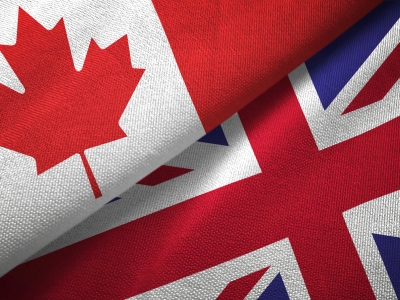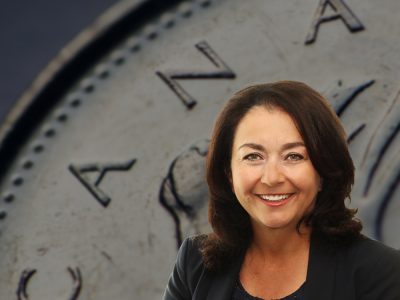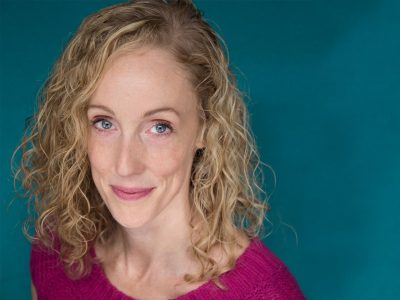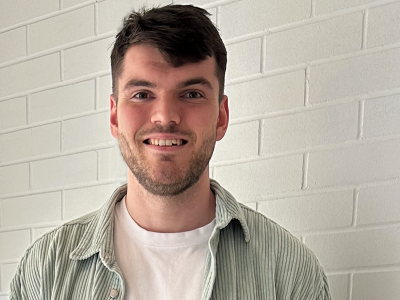This profile was part of the Faculty of Public Affairs’ Generation FPA series, which highlighted up and coming alumni who graduated between 2008-2018. The series was published in 2018.
Stefan Keyes is a News Anchor at CTV News in Ottawa. He was still in university when he landed his first job in television — writing the tickertape content at the bottom of the screen. Today, he files stories for the noon news, the national news channel, CFRA radio, on Twitter, Instagram and Facebook, and co-hosts the evening news with fellow Carleton alumna Katie Griffin.
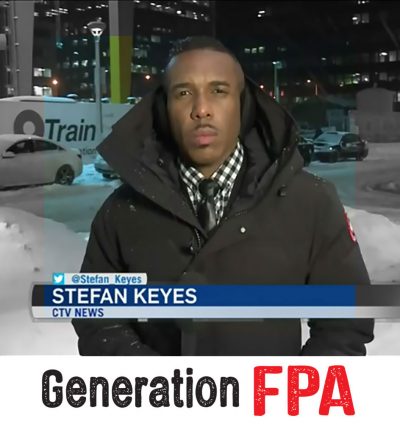 What did you want to be when you grew up?
What did you want to be when you grew up?
I was determined to become an actor after falling in love with the performing arts. I went to Canterbury, an arts high school in Ottawa, where I focused on theatre. My plan was to move to New York City and attend the American Musical and Dramatic Academy just off Broadway.
I was accepted, but they limited me to a partial scholarship as an international student. Coming from a single-income household, it didn’t seem feasible. Hosting “Jeopardy” or becoming a news anchor were next in line.
Why did you choose journalism?
I had a high school teacher who was a former journalist who suggested I might like it. I enjoyed writing and storytelling and I saw it as a career that would affect people’s lives, so I applied to Carleton and received a scholarship that made staying in my hometown very attractive. Plus, the program’s reputation spoke for itself.
Do you find similarities between journalism and acting?
As soon as I started studying broadcasting, I really started to draw the parallels. As an actor, you are trying to capture the story of someone’s life through a single character. As a journalist, you are doing the same as the narrator using a more objective point of view. The people you interview become characters in your story: sometimes there’s a hero and sometimes a villain.
My favourite part of the job is crafting a narrative and using the best and most engaging words possible to be truthful, but also hook the audience — that’s the challenge.
What’s the hardest story you ever covered?
I had just started as a reporter when I had to cover a car crash in Navan, Ontario that killed three teenagers. When I showed up at the scene, I found groups of high school students grieving, and it was my job to approach them. I had this immense sense of guilt that my goal would come across as wanting a story — especially early in my career when I didn’t want to disappoint the newsroom.
Now I tell younger journalists that they have to be compassionate: to put the people at the scene first. People see through misguided objectives. Genuine compassion is what will get them the interview in the end.
How did your journalism degree help you?
I find the ethics course really resonated with me the most. It was so vital to understanding objectivity and how to recognize the internal biases that may exist subconsciously. It’s something I use daily.
Wednesday, February 7, 2018 in GenFPA, Journalism
Share: Twitter, Facebook
